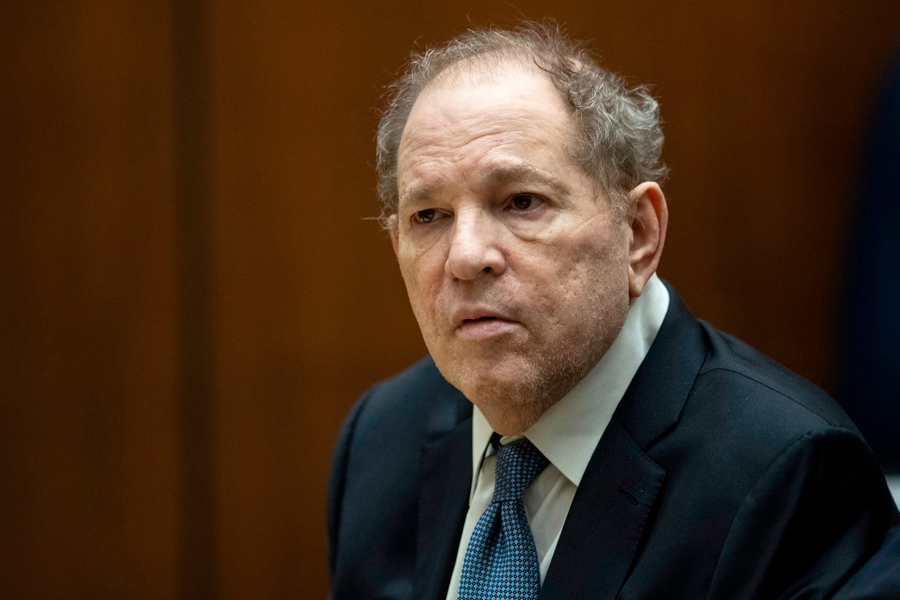When Courts Do Politics Launched
Title: When Courts Do Politics
Author: Professor J. Oloka Onyango
Availability: Amazon Books, $81.3 Dollars
Reviewer: Paul Kayonga
Makerere University law scholar Professor Oloka Onyango has relaunched his classical book When Courts Do Politics.
Professor Onyango launched the book on Thursday, April 12, 2018 at Pearl of Africa Hotel. In attendance were luminaries like Uganda’s Chief Justice Bart Katureebe, Supreme Court Judge Lillian Tibatemwa, former Uganda Law Society President Francis Gimara among many distinguished guests from the legal fraternity.
First published in 2017, When Courts Do Politics comes at auspicious time in Uganda’s history. The Constitutional Court is currently sitting in the eastern Ugandan town of Mbale to rule on a petition challenging the lifting of the presidential age limit from the constitution of Uganda.
The case puts the judiciary in a tight spot as the judges will have to rule on a highly contested matter with political implications. Court is expected to be impartial and above the fray though many Ugandan opposition politicians and interested parties argue that it is impossible for the judiciary to be independent in such a case.
Professor Onyango’s book touches on this precise matter of the independence of the judiciary among its key themes. Professor Onyango explores whether the judiciary in the three traditional East African countries can withstand political pressures to be independent.
The other themes of When Courts Do Politics are gender equality, social and economic rights as well as determining the outcome presidential elections in case of petitions.
The book argues that East Africa’s largest country Tanzania does not allow the judiciary to play a role in determining the outcome of a contested presidential result.
Professor Onyango argues in When Courts Do Politics that Uganda and Tanzania lag behind in recognizing social, economic and political rights with Kenya topping the chart of constitutional recognition of such rights following the enactment of their 2010 constitution.
When Courts Do Politics provides critical insights into the manner in which the political question doctrine influences the way in which judges decide on these matters.
Justice Tibatemwa believes that it’s unjust for the learned judges to deny that courts don’t do politics. “Looking on how politics is defined like, adjudicators as decision makers in situations of conflict and confusion, judges should do politics,” She remarked. In fact, East African courts must do politics, she fervently added. She however disclaimed that this must be called for in a particular matter.
Officiating at the book launch, Uganda’s Chief Justice Bart Katureebe applauded the author describing him as a leading scholar. Katureebe noted that the judiciary’s dilemma stems from unrealistic provisions as well as the unwillingness of the political sector to have reforms proposed by the judiciary followed through.













